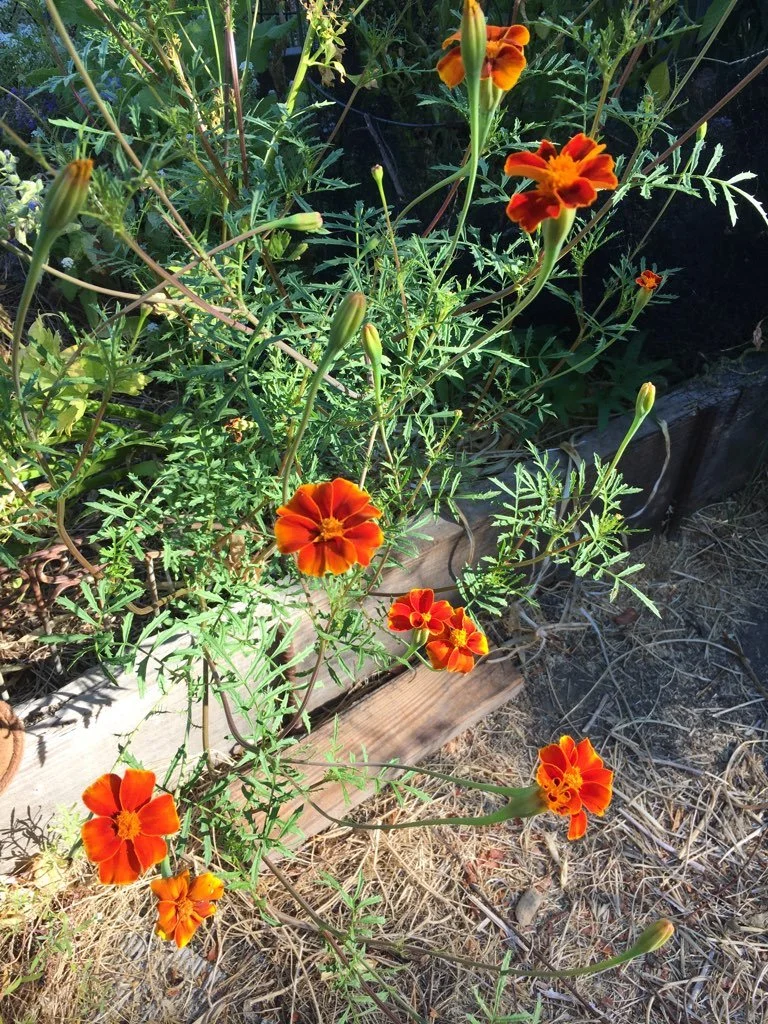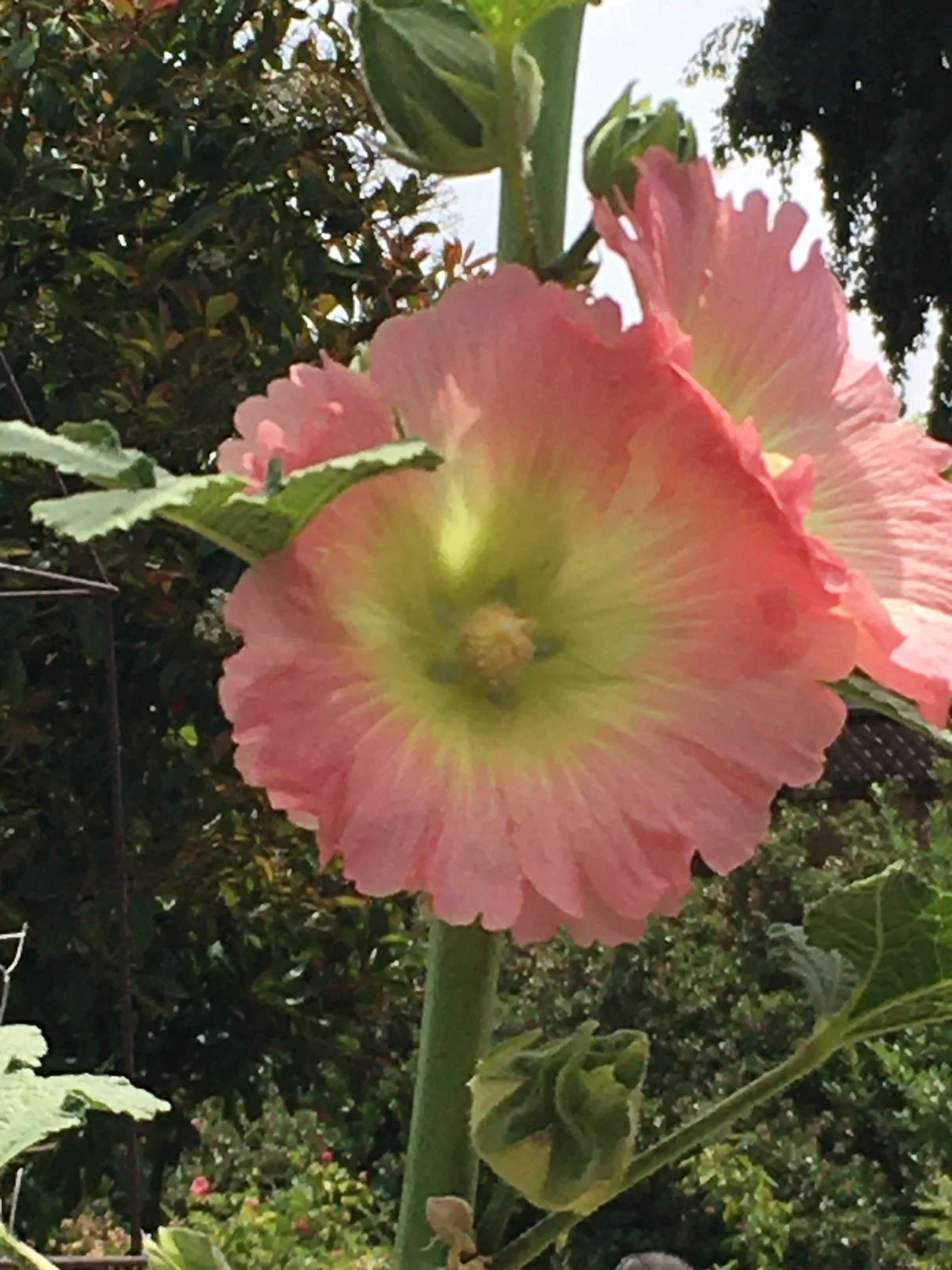
SeedShare
Livermore Amador Valley Garden Club Has Gone to Seed!
LAVGC provides seeds to SeedShare Libraries that are located in the Pleasanton Library and Livermore Civic Center Library. The seeds are distributed free of charge to our Club members and the community. LAVGC members save seeds from their garden throughout the year. The SeedShare group meets regularly to package the seeds. The seed inventory changes constantly throughout the year depending on which seeds are available in member gardens at a particular time.
Even if you can’t attend the group meetings to pack seeds, you can still save seeds for the group to use. You don’t know how to save seeds? No problem. We’ll teach you!
How to Participate in this Group
The group meets each month from mid-January to mid-October at Sondra Bierre’s house to pack seeds. Each month’s newsletter and the Calendar contain information about the upcoming meeting. You need to sign up ahead if you plan to attend a SeedShare group meeting. We recommend that you sign up for the group’s email distribution list so that you receive details about the upcoming meeting and notice of any cancellations.
Lead - Sondra Bierre
How the Group Operates
Each year, the Friends of the Pleasanton Library gives LAVGC a check to cover the cost of 10 boxes of Number 1 coin envelopes that are used to pack seeds for the Pleasanton Library. Currently, LAVGC member Judy Mathew coordinates with the with the Friends of the Pleasanton Library. And each year Nathan Brumley purchases 10 boxes of Number 1 coin envelopes for LAVGC to use for seed packing for the Livermore Civic Center Library. LAVGC provides funds for the paper and ink for printing seed labels. (Sondra requests funds to cover paper and ink at each year’s budget meeting). Sondra prints seed labels at her house on a printer she donated for this purpose.
Group History
The seed library—SeedShare—was launched at the Club’s annual plant sale April 11, 2015. Then it was moved to the Information Desk at the Pleasanton Library. SeedShare is available any time that the library is open, seven days a week. Our open-pollinated seeds are available at no cost to anyone who would like to grow them. The response to SeedShare has been overwhelming. Since its debut in April 2015, Club members have packaged and distributed roughly 10,000 packs of flower, herb, and vegetable seeds. The seeds have come from plants that members have grown in their own gardens and from the three gardens that LAVGC supports. These gardens are the Sensory Garden (next to the Pleasanton Senior Center), Camp Arroyo (a children’s demo garden that was part of the Taylor Family Foundation in Livermore), and the Eden Garden (a garden in Livermore whose produce is donated to the needy). Library personnel and a few community people have also donated seeds.
The success of the Pleasanton Library seed library was soon expanded to the Livermore Civic Center Library, opening on April 2017. Sondra Bierre’s husband made the seed rack for Livermore. After the death of Marty Huntze, her family and the Friends of the Pleasanton Library commissioned a new wood rack for the Pleasanton Library in honor of her love of gardening. That rack opened in 2023.
Why LAVGC Saves and Shares Seeds
People have passed seed down from farmer to farmer and from gardener to gardener for food security, and as a way to try varieties others are growing. This tradition of sharing seed between people has occurred since the advent of agriculture. Now, we rely on seed companies for our seeds, and we have to buy them. We have forgotten the earlier tradition of saving our own open-pollinated seeds and sharing them. This tradition is becoming a lost art. So, we started SeedShare as a way to keep this tradition alive. Karen Abbruscato suggested the group name, SeedShare.
A primary goal of SeedShare is outreach into the broader community and to put seeds into the hands of anyone who will grow them. A secondary goal is to teach people the art and tradition of saving their own seeds from the plants they grow from our seeds, and then share their seeds with their friends and family. By saving and passing along locally-grown seeds as our ancestors did out of necessity, we hope to spread the joy of gardening and seed saving and to develop locally-grown seed varieties that will produce plants that grow easily in our climate—and taste good too! Seed saving also teaches us sustainability and offers us some control over our food supply, thus enabling us to have some food security in our lives. Saving open-pollinated from our area will guarantee that these varieties continue to be good performers in our area. We welcome all open-pollinated seed that is not hybrid F1 in origin.




